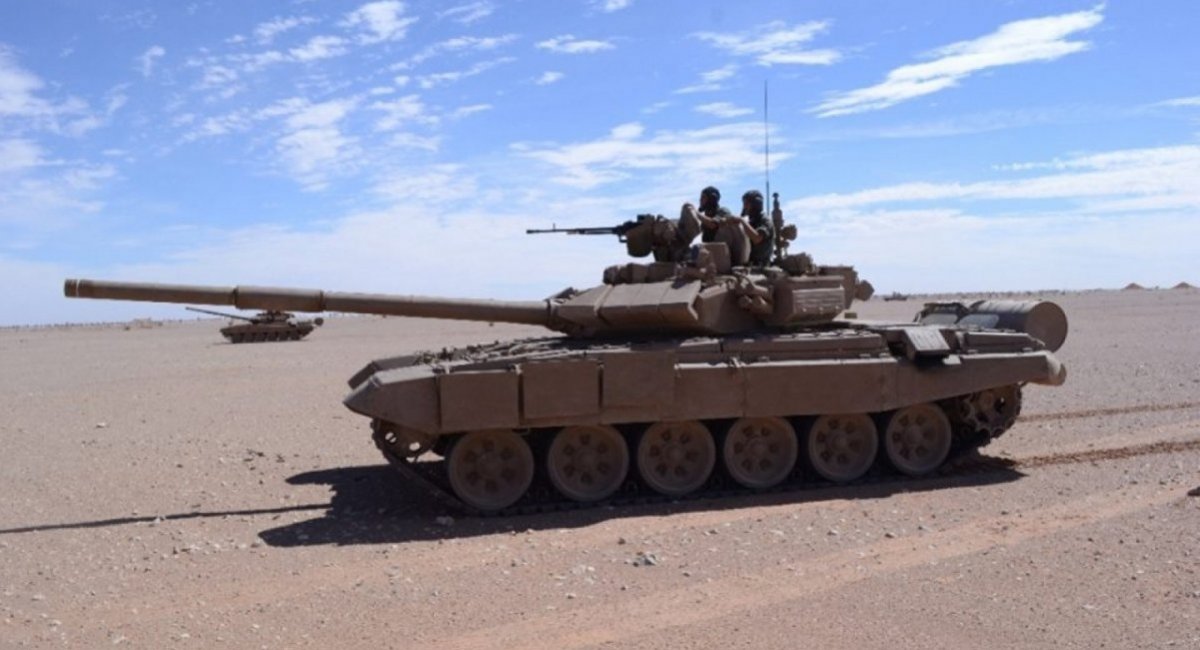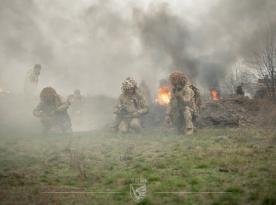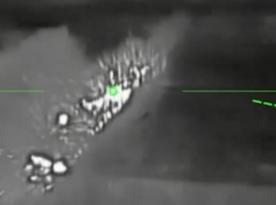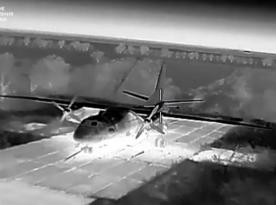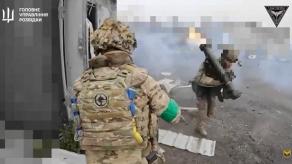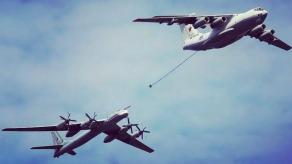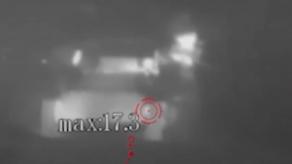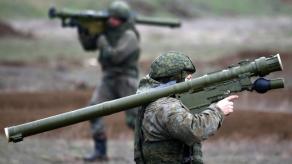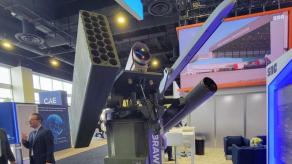Algeria recently conducted tests of the Chinese-made VT-4 main battle tank, during which the tank showed 100% fire accuracy under various conditions and high reliability of the power plant and chassis during a 500-kilometer ride, Army Recognition and Bulgarian Military report.
The Algerian side was satisfied with such results, and is therefore considering the option of buying Chinese tanks to replace the russian T-90S, the main motivations being the inconsistency of supplies from Moscow and alleviating heavy dependence on russia in the armored vehicles department.
Read more: Win-Win: russia Sells Latest Spartak AFVs to Gabon After It Helped in Acquiring Aircraft Parts
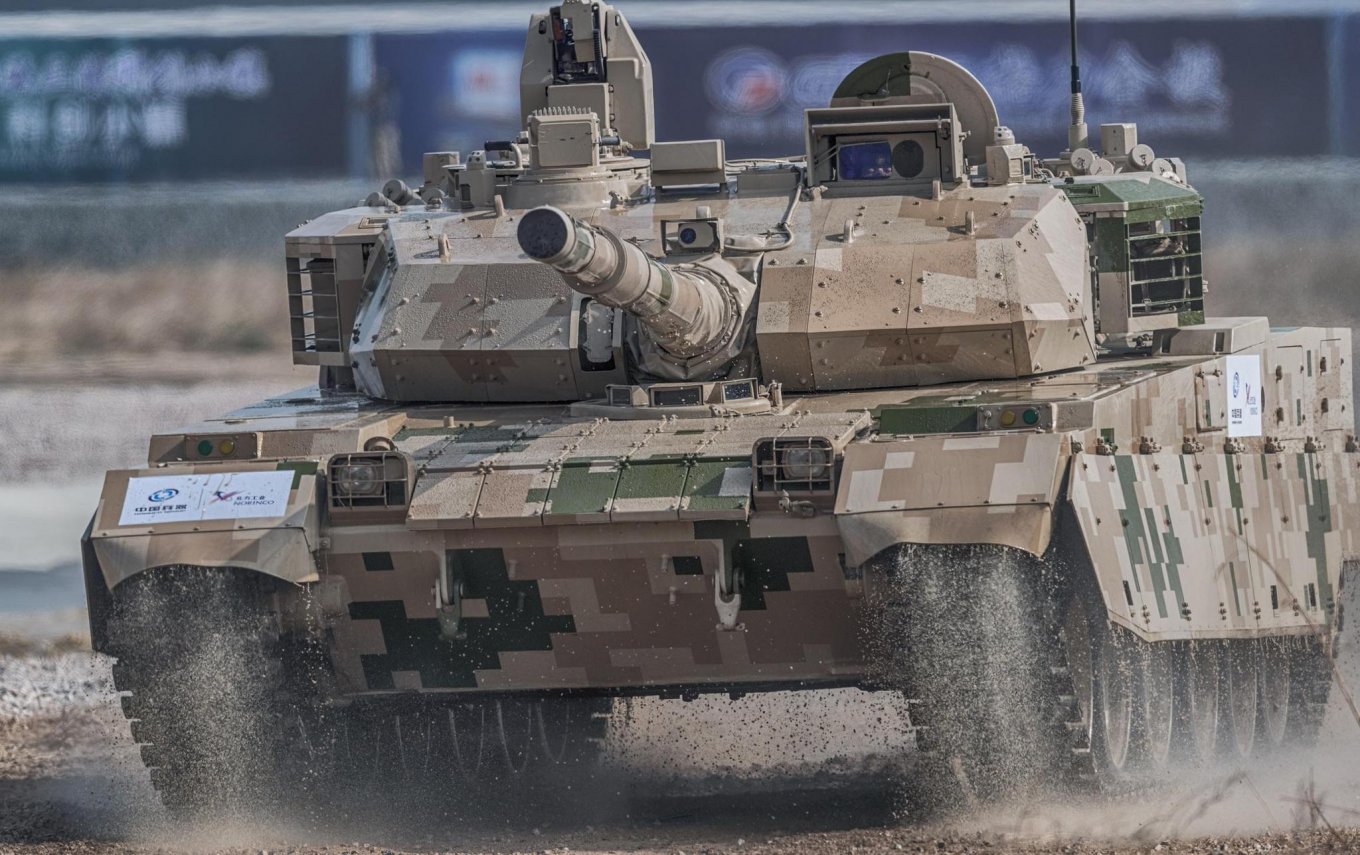
Defense Express notes that in practical terms, it means russia has been once again pushed to the sidelines of the global arms market. Ever since it launched the full-scale invasion of Ukraine in February 2022, the russian federation became a pariah both politically — because of the potential sanctions from the West looming over any country that tries to buy weapons from the Kremlin — and technically: frontline losses made russia reallocate resources, initially intended for export, to the war effort instead. This is causing delays and undermining trust among traditional customers, with African countries being particularly reliant on russian weapons.
More specifically, since 2022, Algeria has been unable to receive previously contracted components for the T-90S tanks it operates (approximately 600 units), also the deliveries of already contracted vehicles stopped, too.
Predictably, Algeria is now considering alternatives, though the Chinese VT-4 was basically the only viable option available, produced in sufficient numbers and compatible with the present fleet.
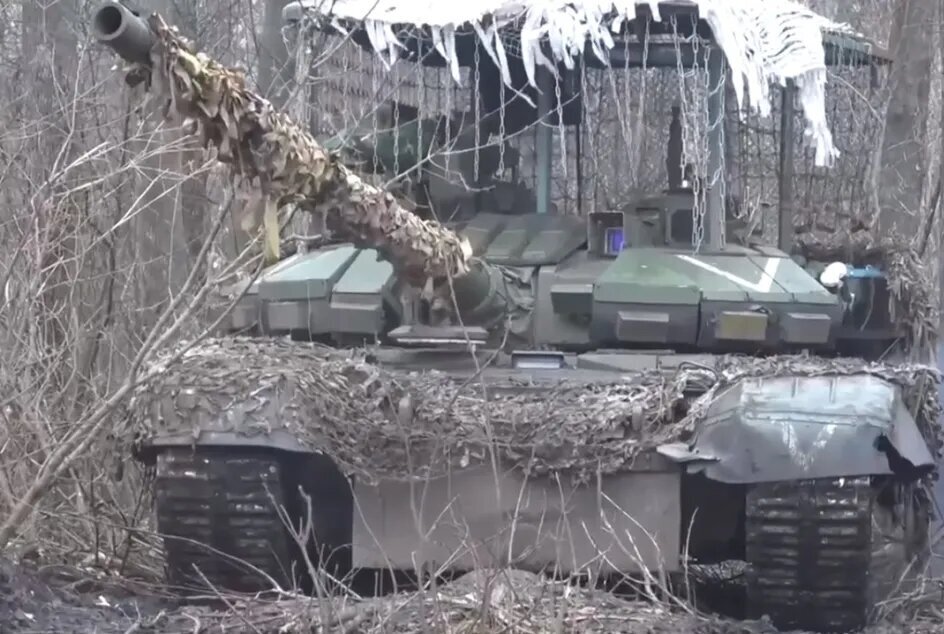
Given that Algeria had no choice other than the VT-4, we should consider the possibility that all the complimentary assessments from the Algerian side about this vehicle's performance might be politically motivated.
Another aspect to pinpoint is that despite the Algerian military stating interest in acquiring the VT-4, the Chinese manufacturer FIRMACO does not share any details about the expected timeline or volumes of the prospective supplies.
In this context, it's worth reminding how one captured T-90 led to billions of dollars lost for russia, when Ukrainian forces captured several T-90s on the battlefield, soon to be thoroughly studied. By revealing multiple problems with operating the T-90 in real combat conditions to the public, many associates promptly canceled T-90 supply agreements with russia.
Earlier Defense Express also reported on similar situations faced by russia on world's defense market of combat aviation, with Malaysia turning away from a deal on Su-30 multirole fighters, and India hesitating about procuring the Su-75 Checkmate fighter jet, while also developing an indigenous long-range air defense system to substitute the russian S-400.
Read more: Drone Eyes for BMP-3: russia Wants the IFV to Be Like German Lynx With Its Black Hornet




